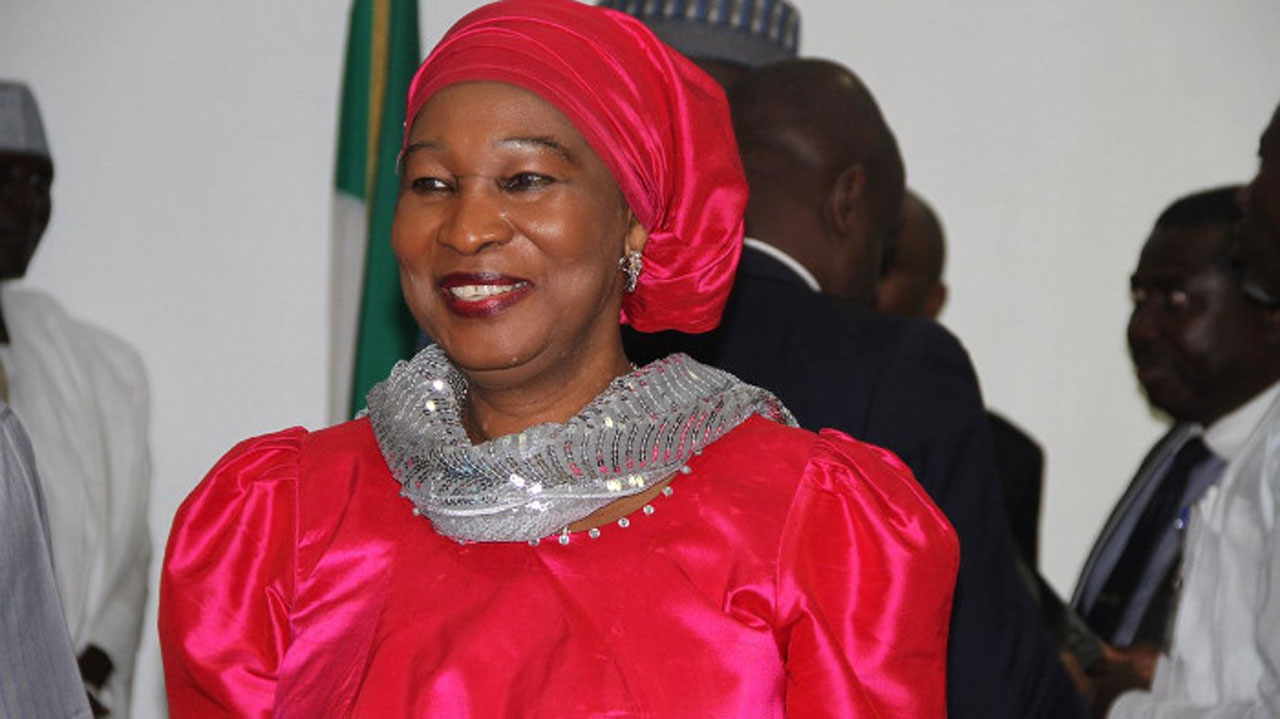
Hamalai said the initiative would aid development and progress in the country, stressing that Section 88 of the 1999 Constitution empowers the National Assembly to conduct investigations into any matter or thing with respect to which it has power to make laws.
The DG spoke at a public lecture, entitled: ‘Legislative oversight functions and projects infrastructure financing in Nigeria: issues and way forward,’ organised by the Department of Economics, University of Lagos.
Represented by Prof. Muhammed Ladan, she explained that appropriate supervision would increase the likelihood of projects being delivered to cost, time and quality and assist government to respond effectively if problems arise.
She said factors constraining legislative oversight include shortage of capacity, abuse of oversight tools and executive dominance, maintaining that the executive would be reluctant to partner in the process as they see it “as a form of constitutional impediments to its free exercise of executive powers.”
Hamalali, however, urged the legislatures to deliberately invest heavily in capacity building of their members, especially in the area of oversight functions, adding: “If fully armed, legislative oversight capacity will reposition the legislature to make judicious use of supervision in making constructive interventions in infrastructural financing and development.
“It also has power to conduct investigations into the conduct or affairs of any person, authority, ministry or government department charged, or intended to be charged with the duty or responsibility of executing or administering laws enacted by it and the disbursement or administration of funds appropriated or to be appropriated by the lawmakers.”
The NILDS boss remarked that Nigeria’s 2014 Gross Domestic Product (GDP) could have been $113billion higher if the country had reduced corruption to Ghana’s levels.
She said that in percentage, Nigeria’s GDP could have been 22 per cent higher in the same year, if it had also reduced corruption to Ghana’s levels.
She bemoaned the huge resources that could have been devoted to development projects, including infrastructural financing, saying they were being diverted into private purses.
She said: “Nigeria lags far behind, not only developed countries, but even the BRICS (Brazil, Russia, India, China and South Africa) countries.
While government has always made efforts to invest in infrastructural development, such investments have been inadequate, creating the basis for private sector investments through public-private partnership.
“It is glaring that the country is trapped in infrastructural deficit and it may not be unconnected to some challenges militating against infrastructural development in the country. While some of these challenges are general, some are sector-specific.”
Hamalai therefore urged the executive to provide regular and enhanced reporting to the parliament on the statuses of major capital projects, stressing that this would improve transparency.
“These options might include a consolidated report or coordinated reporting by the individual accountable authorities.
Regardless, project performance should be reported against the original approved timeline and budget rather than the current practice of inconsistent and disparate information provided on individual agency websites or annual reports,” she stated.
In his keynote address, a professor of political science, Oluwafemi Mimiko maintained that the current constitutional arrangement runs against the grain of what was agreed by the country’s founding fathers as a basis for proceeding to political independence from British colonialism.
[ad unit=2]



